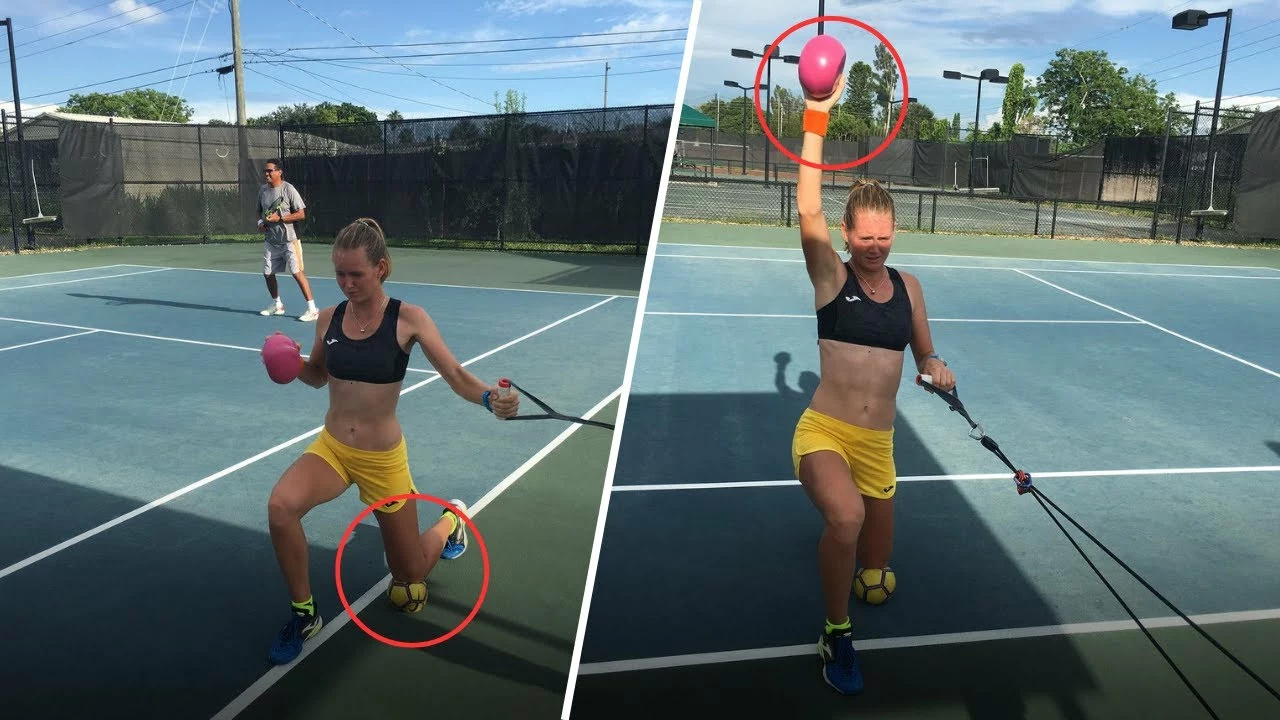The Importance of Structure and Consistency
As an avid tennis enthusiast, I’ve always been intrigued by how professional tennis players maintain their skill level. The first thing I discovered is that they place a great emphasis on structure and consistency. Tennis, like any other sport, requires a solid foundation. This means developing a routine that is strict, consistent, and adaptable. Many professional players start their day early with a healthy breakfast and then proceed to the court for a round of drills and exercises. They understand the significance of practicing daily, and they never miss a day unless it's absolutely necessary.
Physical Conditioning and Fitness
Physical conditioning plays a key role in a professional tennis player’s practice regimen. Tennis is a physically demanding sport and requires a high level of endurance and strength. The players often have specific exercises targeting their core, legs, and arms. Cardiovascular exercises like running, cycling, and swimming are also a part of their routine to boost their stamina. They also place a great deal of emphasis on flexibility and agility, often incorporating yoga and Pilates into their routines.
Technical Drills and Training
Technical drills are another crucial aspect of professional tennis practice. These drills focus on enhancing specific skills such as serving, volleying, and groundstrokes. The players spend hours perfecting their techniques and eliminating any flaws in their game. They often work with their coaches to identify areas of weakness and develop strategies to improve. They meticulously analyze their performance and strive for perfection in every shot they take.
Mental Conditioning
Beyond physical fitness and technical skills, mental strength is a vital component of professional tennis. The ability to maintain focus, make quick decisions, and handle pressure are all aspects that can make or break a match. As a part of their practice, many tennis pros engage in mental conditioning exercises, meditation, and even work with sports psychologists. They understand the importance of a strong mindset and resilience in the face of adversity.
Match Practice
Of course, nothing can replace the actual experience of playing a match. Professionals frequently engage in match practice to simulate real game situations. They play practice matches against fellow players or training partners, often mimicking the playing style of upcoming opponents. This not only helps them to keep their match skills sharp but also prepares them for a variety of game scenarios.
Recovery and Rest
Lastly, but certainly not least, is the importance of recovery and rest. Tennis pros know that their bodies need time to recover from the intense physical exertion. They follow strict recovery protocols, which include proper nutrition, hydration, and sleep. They also make use of physiotherapy and massage to keep their muscles in peak condition. And they understand the importance of taking time off to allow the body and mind to rest and rejuvenate.
In conclusion, the practice regimen of a professional tennis player is a blend of physical training, technical drills, mental conditioning, match practice, and proper recovery. It requires discipline, commitment, and an unrelenting desire to improve. But at the end of the day, it is this intense dedication to their craft that sets them apart and makes them the best in the world.





